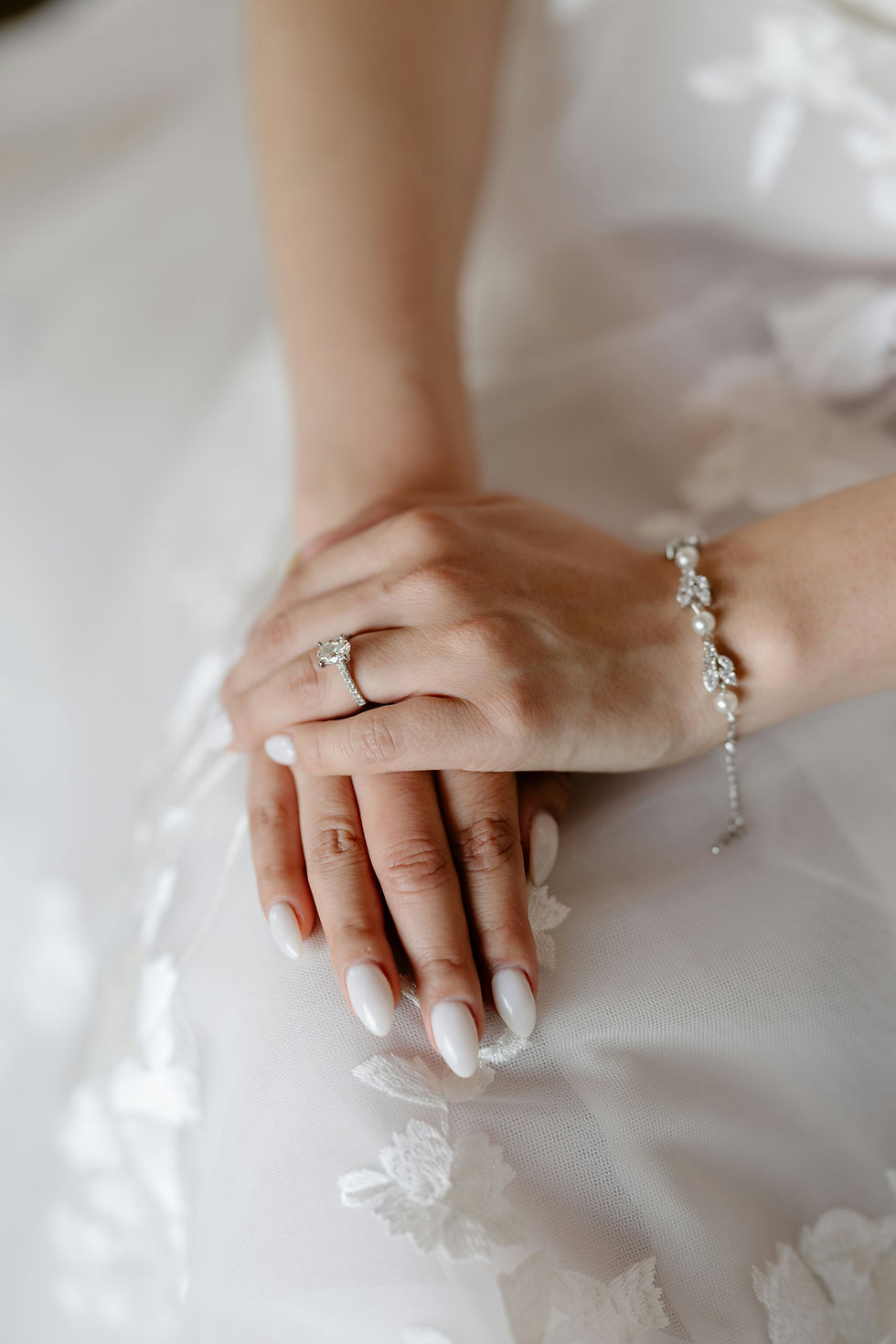Seasonal Wedding Flowers: A Guide to Selecting the Perfect Blooms
- Take A Vow Portugal
- Feb 27
- 3 min read

Choosing the right flowers is an essential element of wedding planning, contributing significantly to the overall ambiance and aesthetic. Opting for seasonal blooms not only enhances the visual appeal but also ensures freshness, availability, and often, a more cost-effective approach. This guide explores the best floral choices for each season.
The Significance of Seasonal Wedding Flowers
Selecting flowers that are in season at the time of your wedding can provide several benefits. The temperature, humidity, and availability of specific species all play a vital role in ensuring that your floral arrangements stay fresh and beautiful throughout the celebration. In-season flowers are naturally adapted to the prevailing climate, making them more resilient and less prone to wilting or fading.
Furthermore, seasonal flowers are typically more readily available from local growers, which can reduce transportation costs and environmental impact. By embracing seasonal blooms, you can create a more sustainable and eco-conscious wedding. Also, the price will often be reduced, allowing you to save money for other important thing for your wedding.
Spring: Embracing Freshness and Vibrant Colors
Spring is a season of renewal and rebirth, and the floral options reflect this sense of vibrancy and freshness. Spring offers a wide array of choices, including tulips, peonies, ranunculus, lilies, and hyacinths. These flowers come in a range of colors, from soft pastels to bold hues, making them suitable for various wedding themes.
Recommended greenery for spring weddings includes eucalyptus, ferns, and ivy, which add a touch of lushness and texture to floral arrangements. We suggest combining fresh flowers with lush greenery for vibrant yet delicate arrangements. The mild temperatures of spring help flowers stay fresh longer, allowing couples to enjoy their beauty throughout the celebration.
Summer: Selecting Heat-Resistant Blooms
Summer weddings often take place outdoors, where flowers are exposed to high temperatures and direct sunlight. Therefore, it's essential to choose heat-resistant blooms that can withstand these conditions. Ideal flowers for summer weddings include sunflowers, roses, dahlias, hydrangeas, and tropical orchids. These flowers are known for their durability and ability to retain their color and shape even in hot weather.
Recommended greenery for summer weddings includes palm leaves, ruscus, and monstera, which provide a tropical and exotic touch. We advise choosing arrangements with added hydration, such as bouquets in hidden water containers, and keeping flowers out of direct sunlight to prolong their freshness.
Autumn: Incorporating Warm Tones and Textures
Autumn offers a palette of warm tones and rustic textures, which can add a cozy and inviting touch to wedding décor. Suitable flowers for autumn weddings include carnations, dahlias, zinnias, amaryllis, and proteas. These flowers come in rich, earthy colors, such as burgundy, gold, and orange, creating a warm and inviting ambiance.
Recommended greenery for autumn weddings includes oak leaves, branches with berries, and dried stems, which add a touch of natural elegance. Mix fresh flowers with dried elements like wheat or autumn leaves for long-lasting, sophisticated arrangements.
Winter: Choosing Elegant and Durable Options
Winter weddings often evoke a sense of elegance and sophistication. When selecting flowers for a winter wedding, it's important to choose options that can withstand cold temperatures and indoor heating. We recommend roses, amaryllis, anemones, lilies, and cotton flowers as ideal choices for winter weddings.
Recommended greenery for winter weddings includes pine, fir, and eucalyptus, which provide a festive and fragrant touch. Use white flowers combined with dense greenery to create timeless and elegant decorations.
Cost Factors and Availability
The cost and availability of wedding flowers can vary depending on the season, location, and specific flower types. In-season flowers are generally more affordable and readily available, while out-of-season flowers may require special ordering and can be more expensive. Local climates and growing conditions can also affect flower availability, so it's essential to consult with your chosen florist to determine the best options for your wedding. The increasing effect of global warming affects the flower availability and could be considered when planning a wedding
Symbolism and Personalization
In addition to considering seasonal availability and cost, you may also want to consider the symbolism and meaning of different flowers. Roses, for example, often represent love and passion, while lilies symbolize purity and innocence. By incorporating flowers with special meaning, couples can add a personal and sentimental touch to their wedding.



Comments